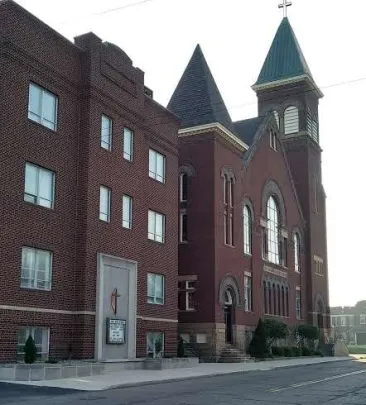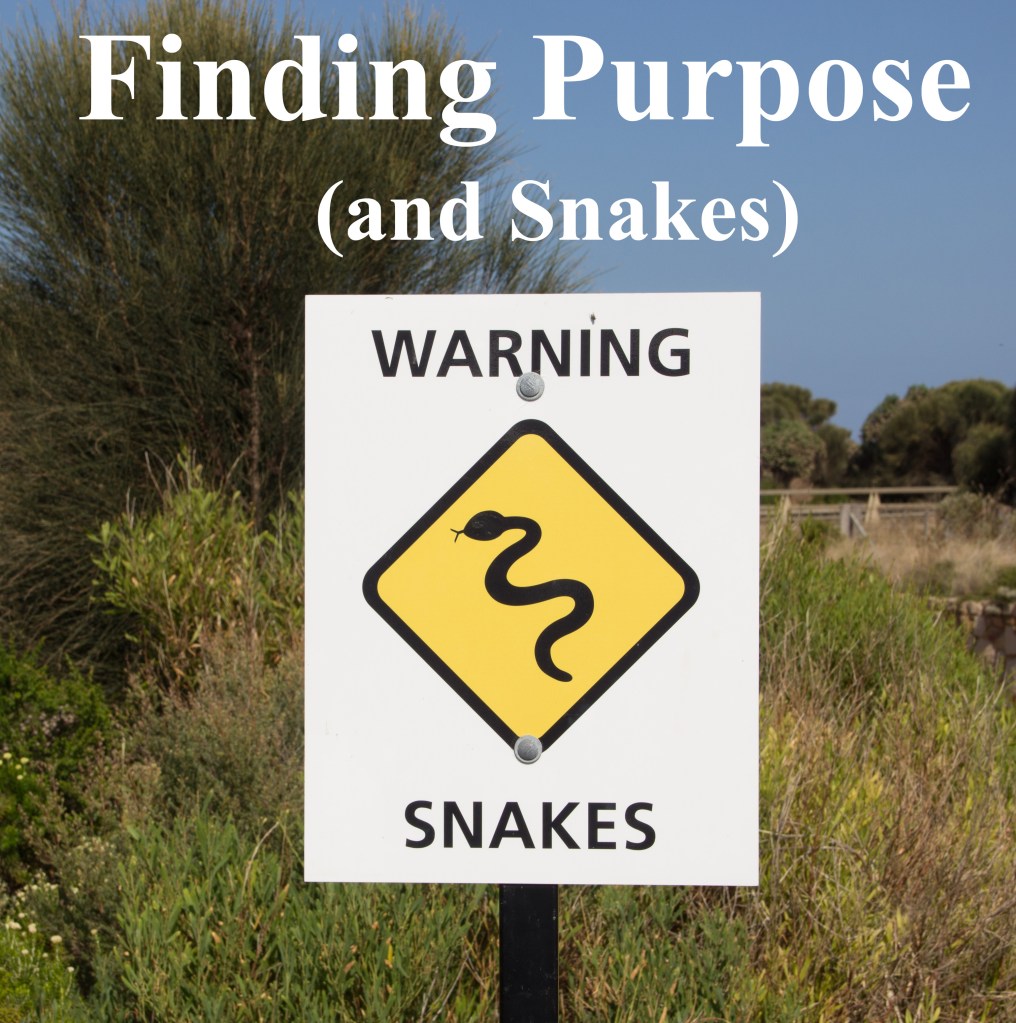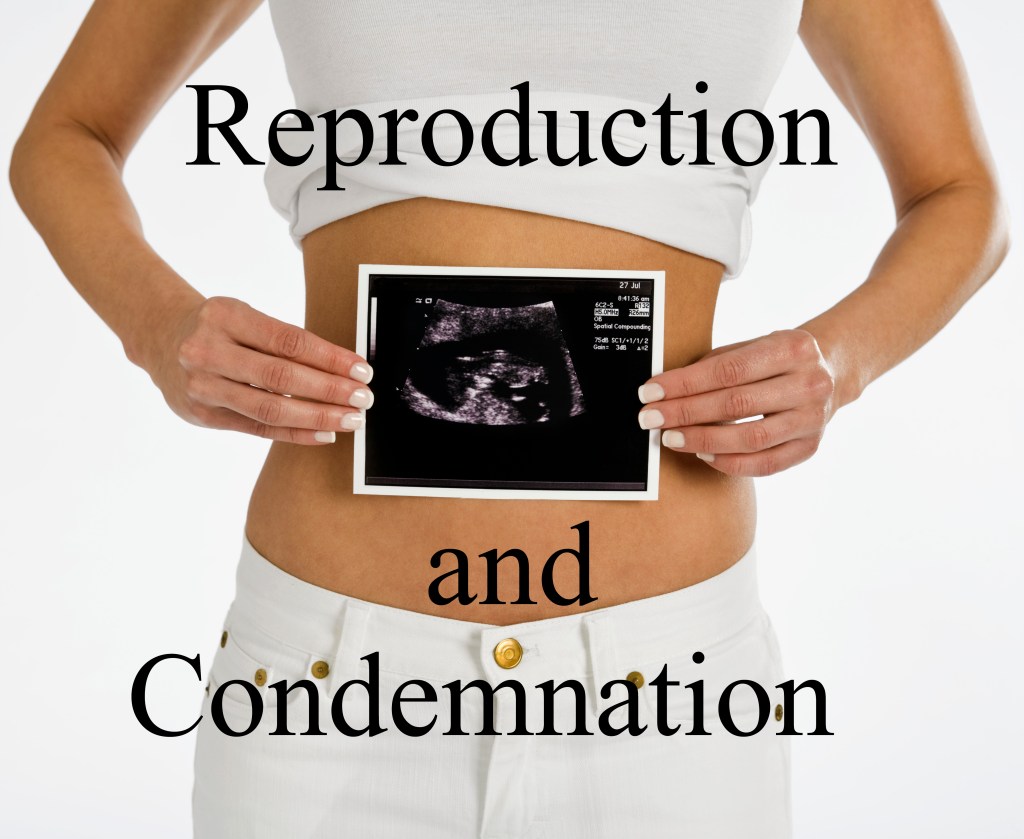
Jeremiah 31:31-34 John 12:20-33 Hebrews 5:5-10
Being a veteran, as well as the father, brother, nephew, cousin, son, and grandson of veterans, and also the father of an active duty soldier, I notice military news, and a great deal of the t-shirts, pencil holders, wall plaques, keychains, challenge coins, and a host of other military branded merchandise that is marketed to soldiers, sailors, marines, coasties, airmen, veterans, and their families. There’s a lot of it, and I mean, a lot. But among all this “stuff,” one motto or catchphrase jumped out at me as I read the scriptures for this week. And that phrase, suitable for printing on t-shirts and wall plaques, is from the Marine Corps and says simply, “Earned, Never Given.” The implication is clear. No one gives away “honorary” awards that allow you to say that you are a marine. The only people who can say that, earned the right to do so.
But the scriptures that we will read this morning are the complete reverse of that idea… and in the best way imaginable.
We begin with the words of God contained in Jeremiah 31:31-34, where God announces that, just as he made a lasting covenant with Abraham, and what would become the people of Israel, God eventually intends to make a new covenant with Israel and Judah, the two nations that descended from, and who follow the God of, Abraham.
31 “The days are coming,” declares the Lord, “when I will make a new covenant
with the people of Israel and with the people of Judah.
32 It will not be like the covenant I made with their ancestors
when I took them by the hand to lead them out of Egypt,
because they broke my covenant, though I was a husband tothem,”
declares the Lord.
33 “This is the covenant I will make with the people of Israel after that time,” declares the Lord.
“I will put my law in their minds and write it on their hearts.
I will be their God, and they will be my people.
34 No longer will they teach their neighbor, or say to one another, ‘Know the Lord,’
because they will all know me, from the least of them to the greatest,”
declares the Lord.
“For I will forgive their wickedness and will remember their sins no more.”
In God’s covenant with Abraham, God set up commandments to obey and an entire system that included priests, tabernacles, altars, incense, and sacrifices that were all necessary for worship, repentance, and a right relationship with God. But through Jeremiah, God now declares that, because his people were unable to keep their part of their contract, that God intends to unveil a new covenant with his people that will be entirely different from the first one. In God’s new covenant, rather than the law being written in stone or on scrolls that were locked up in the temple, and only read and interpreted by the priesthood, God would instead write his law on the minds, and in the hearts, of his people so that everyone, from the least to the greatest, will have the same access to God as they seek forgiveness for their sins.
No longer would there be any suggestion that forgiveness was dependent upon what you could do, or what kind of sacrifice that you could afford, but instead it would be obvious to everyone that forgiveness was based entirely upon the love and the grace of God. Forgiveness was not something that you did, and not something that you earned, but something that was purely a gift from a loving God.
And we see something similar in the words of Jesus Christ contained in John 12:20-33, where it says:
20 Now there were some Greeks among those who went up to worship at the festival. 21 They came to Philip, who was from Bethsaida in Galilee, with a request. “Sir,” they said, “we would like to see Jesus.” 22 Philip went to tell Andrew; Andrew and Philip in turn told Jesus.
23 Jesus replied, “The hour has come for the Son of Man to be glorified. 24 Very truly I tell you, unless a kernel of wheat falls to the ground and dies, it remains only a single seed. But if it dies, it produces many seeds. 25 Anyone who loves their life will lose it, while anyone who hates their life in this world will keep it for eternal life. 26 Whoever serves me must follow me; and where I am, my servant also will be. My Father will honor the one who serves me.
27 “Now my soul is troubled, and what shall I say? ‘Father, save me from this hour’? No, it was for this very reason I came to this hour. 28 Father, glorify your name!”
Then a voice came from heaven, “I have glorified it, and will glorify it again.” 29 The crowd that was there, and heard it, said it had thundered; others said an angel had spoken to him.
30 Jesus said, “This voice was for your benefit, not mine. 31 Now is the time for judgment on this world; now the prince of this world will be driven out. 32 And I, when I am lifted upfrom the earth, will draw all people to myself.” 33 He said this to show the kind of death he was going to die.
Jesus says that the hour has come for him to be glorified, but it is not he that will do the glorifying but God. Moreover, Jesus goes on to say that even though God will glorify Jesus, the reason that Jesus had come to this point was for God to be glorified. This same formula applies to every follower of Jesus Christ. We do not do the glorifying or the honoring. God does. We are called to follow and to serve, and God will give honor to those who do.
Honor is given, not earned.
It is also worth noting that, like we heard last week with Moses lifting up the bronze snake in the wilderness, and the foreshadowing that we heard about Jesus being lifted up, in this passage, we hear Jesus use this language again when he says, “And I, when I am lifted up from the earth, will draw all people to myself.” Jesus knows that, like the bronze snake, his crucifixion will offer humanity a cure for the poison of sin and death, and become a symbol of healing and hope that will draw all people to the kingdom of God.
The language of honor being given and not earned is echoed once again in the words of the writer of Hebrews in Hebrews 5:5-10 where he says:
5 In the same way, Christ did not take on himself the glory of becoming a high priest. But God said to him,
“You are my Son; today I have become your Father.”
6 And he says in another place,
“You are a priest forever, in the order of Melchizedek.”
7 During the days of Jesus’ life on earth, he offered up prayers and petitions with fervent cries and tears to the one who could save him from death, and he was heard because of his reverent submission. 8 Son though he was, he learned obedience from what he suffered 9 and, once made perfect, he became the source of eternal salvation for all who obey him 10 and was designated by God to be high priest in the order of Melchizedek.
The writer of Hebrews, which may have been Barnabus or Apollos, emphasizes that Jesus did not take glory for himself, but that God gave glory to him. God describes Jesus as an eternal priest in the order of Melchizedek, and I want to take just a moment to explain that. Melchizedek appears in the story of Moses. Unlike many other people that appear in our Old Testament scriptures, there are no genealogies, birth story, or recorded death of Melchizedek. What is said, however, is that he was both priest and king of the nation of Salem, which may well be the territory that eventually became Jerusalem, and that Moses offered tithes to Melchizedek as he would to God. So, Moses recognized him as being from God, he was both priest and king, and legend grew up around the story that the appearance of Melchizedek may have been God in human flesh, that Melchizedek was immortal because his birth and death were not recorded, and so he is seen as “preconfiguring” Jesus as from God, eternal, immortal, and being both priest and king. I know that’s a lot, but all of that is what is implied by saying that Jesus was “a priest forever in the order of Melchizedek.”
But the writer of Hebrews makes the point that although Jesus offered up prayers, petitions, cries, and tears to God, the reason that he was heard, was not because of those things, but because he was obedient. Moreover, Jesus became the source of eternal salvation not for the people who love, believe, pray, petition, or cry but for the people who obey him.
We understand that in the military, the title of United States Marine, is earned and never given. But in the kingdom of God, the situation is reversed. Glory is only given by God, prayers are only answered by God, and salvation comes only as a gift of Jesus Christ. Following or not following is our choice, and obedience is our choice. But neither of those things works like a vending machine where payment goes in, and candy comes out.
While marines know that their title is something to be earned, to followers of Jesus Christ know that we cannot earn anything because glory, honor, salvation, rescue, and eternal life are gifts that can only be given by God.
The Marines may say that their title is “Earned, Never Given,” but the grace of God is always given, and never earned.
Please LIKE and SHARE!
Click here to subscribe to Pastor John’s blog.
Click here if you would like to subscribe to Pastor John’s weekly messages.
Click here to visit Pastor John’s YouTube channel.
*You have been reading a message presented at Christ United Methodist Church on the date noted at the top of the first page. Rev. John Partridge is the pastor at Christ UMC in Alliance, Ohio. Duplication of this message is a part of our Media ministry, if you have received a blessing in this way, we would love to hear from you. Letters and donations in support of the Media ministry or any of our other projects may be sent to Christ United Methodist Church, 470 East Broadway Street, Alliance, Ohio 44601. These messages are available to any interested persons regardless of membership. You may subscribe to these messages, in print or electronic formats, by writing to the address noted, or by contacting us at secretary@CUMCAlliance.org. These messages can also be found online at https://pastorpartridge.com . All Scripture quotations, unless otherwise indicated, are taken from the Holy Bible, New International Version®, NIV®. Copyright ©1973, 1978, 1984, 2011 by Biblica, Inc.™ Used by permission of Zondervan. All rights reserved worldwide. www.zondervan.comThe “NIV” and “New International Version” are trademarks registered in the United States Patent and Trademark Office by Biblica, Inc.™









